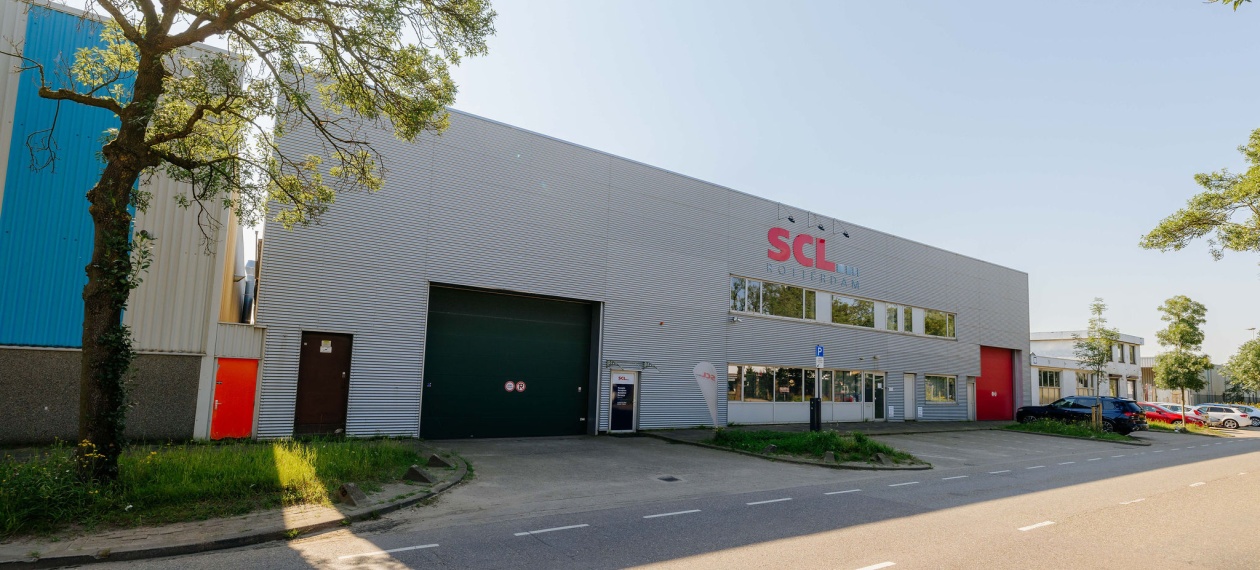Search our knowledge base
Car relocation to NL/EU
Cars are shipped worldwide in various ways. The two main methods are by Ro-Ro and by container. Very exclusive cars are sometimes transported by air freight, and land transport often takes place by road transport.
Want to know what the best transport method is for your car and how SCL Rotterdam can assist you? Read more aboutour company or inquire directly about the costs!
Why is the fiscal value of my moving van so high, and what are the consequences?
The fiscal value of a vehicle is the value assigned to it by the Tax Authorities for tax purposes. This value is based on various factors, including the car's list price and the Motor Vehicle Tax (BPM).
Why is BPM an issue with moving vehicles?
An important part of the fiscal value is the BPM. If you move to the Netherlands and qualify for the relocation exemption, you do not have to pay BPM. However, the BPM is still assigned to the vehicle. The amount of BPM is determined by the car's CO2 emissions. This often causes a problem:
CO2 value for non-European moving vehicles
The CO2 emissions of cars from outside Europe, such as the Middle East or America, are often unknown to the RDW (Dutch Vehicle Authority). To calculate the BPM, the RDW estimates the CO2 emissions using the so-called 'Scandinavian calculation method'. This method uses variables such as fuel type, weight, and engine power of the car to calculate CO2 emissions. This can result in the CO2 emissions, and thus the BPM, being significantly higher than a comparable European model. For example, the CO2 emissions of an American BMW can sometimes be 1.5 to 2 times higher than that of a European model, resulting in a higher fiscal value.
Consequences of a high fiscal value
The high fiscal value has some important consequences:
- Higher car insurance premium: A high fiscal value makes the car appear very expensive on paper. Insurers notice this and may therefore charge a higher premium. In some cases, they may even set additional theft protection requirements.
- Additional security requirements: For cars younger than 4 years with a high fiscal value, insurers often require an SCM-certified alarm system. If this is the case for you, we at SCL Rotterdam can directly advise you on how to handle this and offer a quote through our alarm supplier. The alarm can often be installed during the Dutch registration process, so the overall process does not take longer, and you can still get on the road quickly. This way, you can insure your car as soon as the license plate arrives.
Many insurers require an SCM-certified alarm system for cars with a high fiscal value or cars younger than four years. This is because such a system has proven to be effective in preventing theft. Additionally, having an SCM-certified alarm can help you get a lower insurance premium, as insurers see less risk with well-secured vehicles.
At SCL Rotterdam, we can advise you on the best SCM-certified alarm systems for your vehicle. We collaborate with reputable suppliers and can provide a quote for the installation directly. The alarm can often be installed during the Dutch registration process, allowing you to get on the road quickly and efficiently once the license plate arrives.
For more information about the installation of SCM-certified alarm systems or to request a quote directly, please contact us!
An SCM certificate (Stichting Certificering Motorrijtuigbeveiliging) is a quality mark indicating that a car alarm system meets strict safety standards. This certificate is issued by an independent organization and ensures that the alarm is effective in preventing theft. Car alarms with an SCM certificate have been tested on various aspects such as intrusion detection, tamper resistance, and functionality.
No, existing alarm systems cannot be certified retroactively. An SCM certificate is only awarded to alarm systems that have been tested and approved in advance. If your current alarm system is not certified, you may consider having a new SCM-certified alarm system installed.
A car alarm receives an SCM certificate after extensive testing by independent agencies. These tests evaluate the effectiveness of the alarm system in detecting and preventing theft. The system must meet strict criteria regarding reliability and resistance to tampering. Only when the alarm system meets all these requirements is the SCM certificate awarded.
Last checked: 12 February 2026
